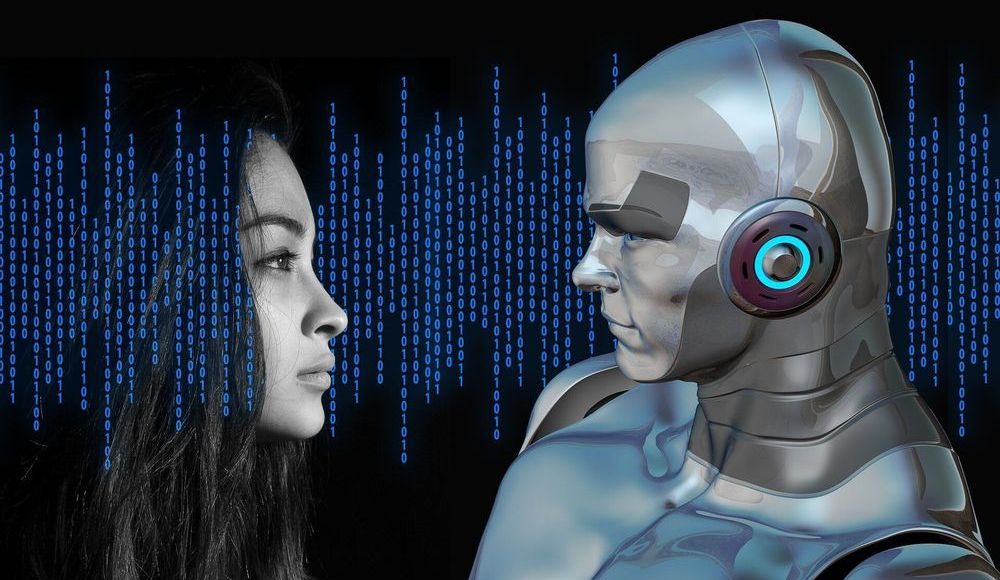A.i assisting the doctors.
Artificial Intelligence (AI) is increasingly being used in medicine to support human expertise. However, the potential of these applications and the risks inherent in the interaction between human and artificial intelligence have not yet been thoroughly researched. The fear is often expressed that in future, as soon as AI is of sufficient quality, human expertise will become dispensable and therefore fewer doctors will be needed. These fears are further fuelled by the popular portrayal of this as a “competition” between humans and AI. An international study led by MedUni Vienna has now illustrated the enormous potential of human/computer collaboration.
The international study led by Philipp Tschandl and Harald Kittler (Department of Dermatology, MedUni Vienna) and Christoph Rinner (CeMSIIS/Institute for Medical Information Management, MedUni Vienna) now debunks the idea of this alleged competition, highlighting instead the enormous potential of combining human expertise with Artificial Intelligence. The study published in Nature Medicine examines the interaction between doctors and AI from various perspectives and in different scenarios of practical relevance. Although the authors restrict their observations to the diagnosis of skin cancers, they stress that the findings can also be extrapolated to other areas of medicine where Artificial Intelligence is used.
AI does not always improve diagnosis
In an experiment created by the study authors, 302 examiners and/or doctors had to assess dermoscopic images of benign and malignant skin changes, both with and without the support of Artificial Intelligence. The AI assessment was provided in three different variants. In the first case, AI showed the examiner the probabilities of all possible diagnoses, in the second case the probability of a malignant change and, in the third case, a selection of similar images with known diagnoses, similar to a Google image search. As a main finding the authors observed that only in the first case did collaboration with AI improve the examiners’ diagnostic accuracy, although this was significant, with a 13% increase in correct diagnoses.
